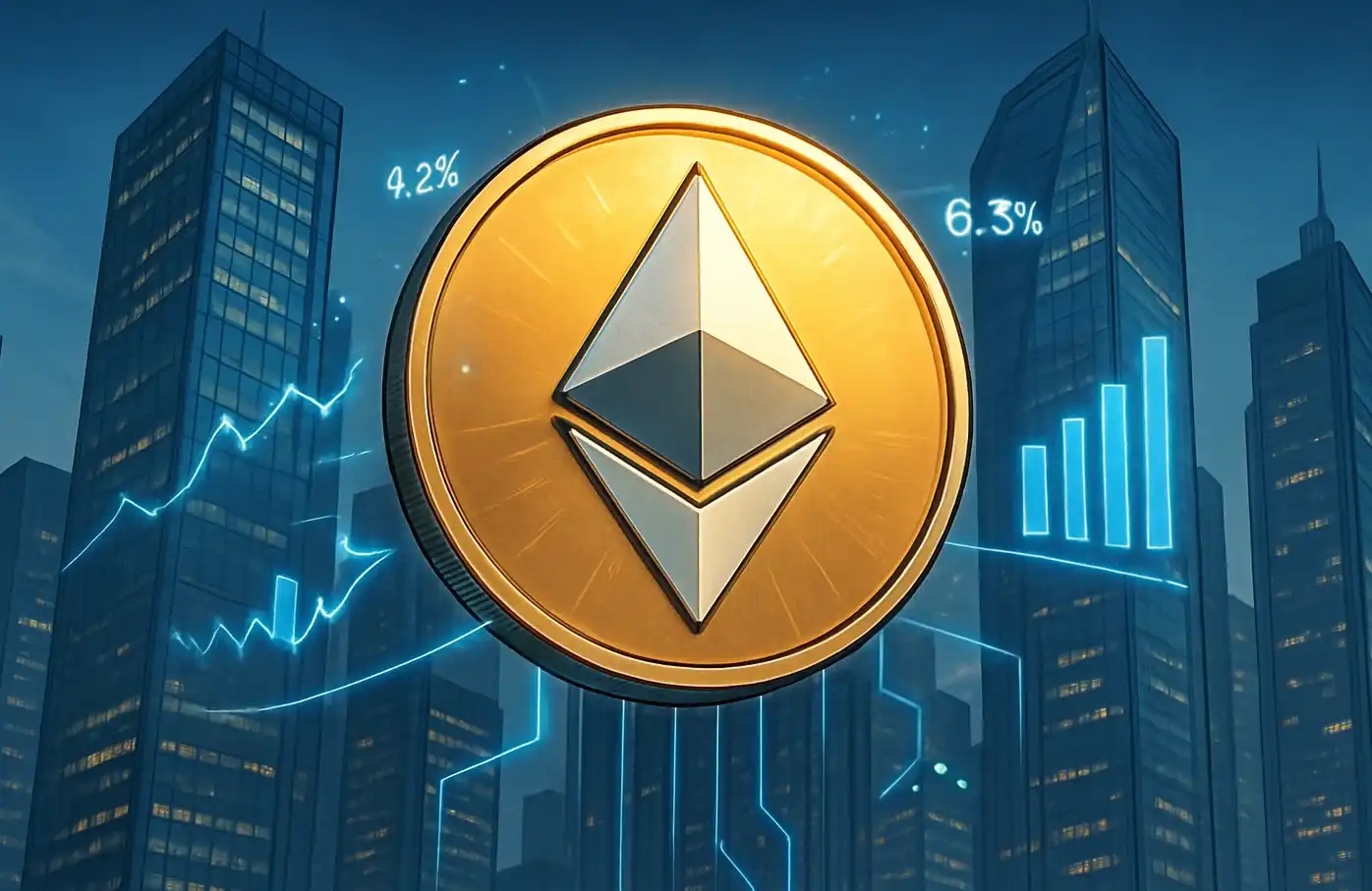Will U.S. Regulatory Agencies Ease Up, Allowing Mainstream Crypto Exchanges to Return to the U.S.?
On August 28, the U.S. Commodity Futures Trading Commission (CFTC) sent a strong signal: the Foreign Board of Trade (FBOT) Advisory provided the necessary regulatory clarity for legal onshore trading activities. This means that overseas exchanges, which have long been kept outside the U.S. market, now have a legal path to return.
Over the past few years, giants like Binance and Bybit have been forced to restrict U.S. users or even exit the market directly due to regulatory pressure. Countless U.S. traders have either been stuck on domestic platforms with limited products or have taken the risk of trading on overseas exchanges. Now, the CFTC has made it clear that as long as these platforms register through FBOT, they can openly serve Americans without having to become a "Designated Contract Market" (DCM).
Acting Chairman Caroline D. Pham even stated in a declaration that this is to "bring back the trading activities that were driven out of the U.S." Against the backdrop of the "Crypto Sprint" advocated by the Trump administration, this document is like a clarion call, indicating a complete shift in the direction of U.S. regulation.

Why Now?
Over the past few years, the U.S.'s attitude toward the cryptocurrency industry can almost be described as "enforcement-driven." During the Biden administration, former SEC Chair Gary Gensler raised the flag of "regulation equals punishment," with Binance and numerous projects becoming targets. In 2023, Binance was heavily fined $4.3 billion and "completely withdrew" from the U.S. market, a scene that sent shockwaves through the entire industry.
What the U.S. lost was not just a few exchanges, but a whole market landscape: domestic users were forced to flock overseas, and funds followed suit. Overseas platforms solidified their dominance in the derivatives market, with Binance, OKX, and Bitget's daily trading volumes reaching hundreds of billions, while U.S.-based exchanges had to settle for second place. Coinbase's daily derivatives trading volume was only $6 billion, showcasing the lag caused by the former SEC's restrictions on perpetual futures trading, staking, and leverage. Meanwhile, Singapore, Hong Kong, and the EU have been rapidly introducing more flexible frameworks, gradually eroding America's "regulatory advantage."

It is precisely because of this that the CFTC's move appears particularly timely. In early August, the CFTC had just launched the "Crypto Sprint" plan and publicly sought opinions on "whether spot crypto assets can be listed on a registered exchange (DCM)." Within a few weeks, the regulatory agency received a large number of inquiries about "how foreign exchanges can return to the U.S.," and the feedback pressure from the public and the industry forced the CFTC to provide a clear answer.
For overseas exchanges, acceptance is not only a correction to the "regulatory overreach" of the past few years, but also the starting point for the United States to reclaim global market share. Against the backdrop of the "crypto sprint," this guidance is not just a procedural clarification, but more like an invitation: U.S. traders should stand with global users in the same pool, enjoying the deepest liquidity and the most diverse products.
Compliance New Era: Return, Expansion, and Competition
The most direct significance of the CFTC's FBOT guidance is that it has brought U.S. traders back to the main global market pool. In the past, due to regulatory constraints, domestic exchanges had limited product offerings and liquidity, forcing many users to either accept a mediocre experience or risk accessing offshore platforms. Now, with a clear compliance path, U.S. traders can finally enjoy the deepest liquidity and the most diverse products like their counterparts in Asia and Europe. This not only improves market efficiency but also signifies the U.S. once again aligning with the global financial stage. Some even predict that this may promote the liquidity growth of Bitcoin and Ethereum in the coming months.
For overseas exchanges that have long been blocked from entry, this is also a long-awaited "passport." Giants such as Binance, Bybit, and OKX have previously cut off U.S. users due to compliance pressure, but now they welcome a clear path to legitimacy. With the massive user base and strong trading demand in the U.S. market, these platforms have long been coveted, and the FBOT registration framework undoubtedly provides them with a legal key to expansion. For them, this is a new space for growth; for users, it means more competitors entering the market, leading to lower fees, better products, and services.
The significance of this guidance also lies in creating a more level playing field for domestic exchanges. In recent years, the U.S. crypto market has almost become a "monologue" of a few domestic platforms. Now, with the opening of the FBOT registration path, overseas giants finally have a legitimate and compliant way to return. This means that the market is no longer the "preserve" of a few domestic exchanges but has truly entered a stage of multi-party competition. The entry of more competitors will bring about more intense price competition, faster product iterations, and higher service standards. For U.S. investors, this is a rare boon: they no longer have to endure "passive choices" but can enjoy the liquidity and innovation that top global platforms can provide in a more open and fair market.
Conclusion
This guidance not only clarifies a set of procedures but also repairs the image of U.S. regulation. Over the past few years, the impression the U.S. has left on the market is "rigid, punitive-first," with vague policies and frequent enforcement actions, leading funds and projects to flee. Now, the CFTC is showing a posture of "willingness to listen, quick correction," which is not only a correction to overregulation but also a signal to the global market: the U.S. is transitioning to a transparent, open, rule-based era. Once this signal is received by the market, it will inevitably rebuild the confidence of investors and developers, attracting capital and innovation back to the U.S. And this is the real core of the "crypto sprint" - not just a slogan but a tangible institutional action.
Welcome to join the official BlockBeats community:
Telegram Subscription Group: https://t.me/theblockbeats
Telegram Discussion Group: https://t.me/BlockBeats_App
Official Twitter Account: https://twitter.com/BlockBeatsAsia


 Forum
Forum Finance
Finance
 Specials
Specials
 On-chain Eco
On-chain Eco
 Entry
Entry
 Podcasts
Podcasts
 Activities
Activities
 OPRR
OPRR









